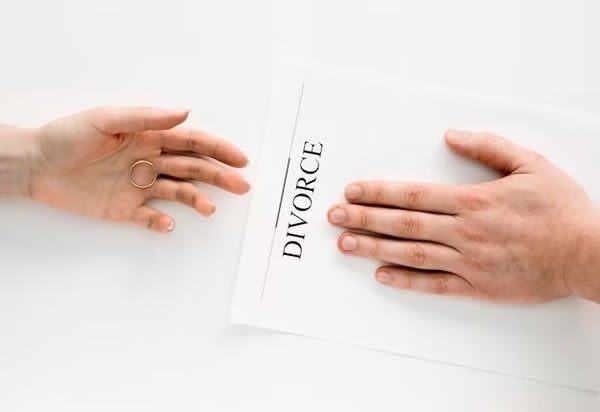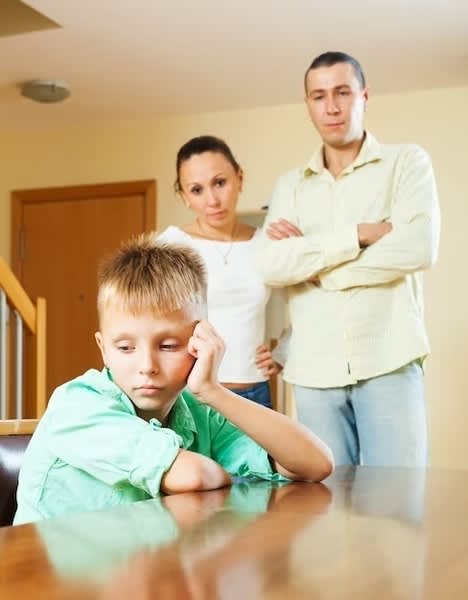How To Be A Good Single Parent
Navigating Parenthood Solo: A Guide to Being a Good Single Parent Introduction Being a single parent comes with its unique set of challenges…
The Pitfalls of a 'Kitchen Table Agreement' in Divorce Financial Settlements
Divorce can be a complex and emotionally charged process, especially when it comes to dividing assets and settling financial matters. In some cases, couples attempt to reach an agreement without involving formal legal procedures, often referred to as a "kitchen table agreement." While this approach may seem…
How to Broach the Subject of Divorce
A Guide to Delicate Conversations. Divorce is a deeply personal and emotionally charged topic and discussing it with your spouse is a delicate matter. This conversation can shape the future for…
A Guide to Life After Divorce
Life After Divorce in a Digital Age Divorce remains a significant life-altering event and the process of adjusting to life after divorce continues to evolve. The Legal Landscape in 2023: The introduction of a no-fault divorce option…
Who Are CAFCASS?
CAFCASS stands for the Children and Family Court Advisory and Support Service It is an important agency in the United Kingdom, operates independently and is responsible for representing the interests of children involved in family…
Most Common Reason for Divorce in the UK
The reasons for divorce in the UK are many and varied: here are some of the re-occurring and most common reasons: Communication Breakdown In many cases, the breakdown of effective communication within a marriage serves as a primary catalyst for divorce.…
The No Fault Divorce System in the UK
The UK’s No-Fault Divorce Process: A Breakthrough in Marital Dissolution Divorce has long been a challenging and emotionally taxing process, both for the parties involved and the legal system. In the UK the process of…
Pension Sharing on Divorce
Pensions are considered to be marital assets and must be taken into account in the divorce financial settlement. A pension can be either: • Defined benefit pension or a defined contribution pension. • Defined benefit pension…
What If I Do Not Agree to Mediation?
If you choose not to agree to mediation in the UK, there are several potential consequences that you should be aware of. Mediation is a process that involves a neutral third party assisting disputing parties in reaching a mutually acceptable resolution. It's often used in various legal matters, including…
Consequences Of Not Following A Child Arrangements Order
In the UK when a court issues a child arrangements order, it outlines the specific arrangements regarding the living and contact arrangements for a child when their parents are…
Effects of Separation and Divorce on Children
The effects of parents splitting up on children are profound and far-reaching, influencing their emotional, psychological and social well-being. Divorce or separation can introduce significant…
When A Child Doesn't Want to Visit Other Parent
Navigating a Delicate Situation: When a Child Doesn't Want to Go to the Other Parent Divorce or separation can be a tumultuous experience for all parties involved, especially children. One common challenge that arises in these situations is when…













